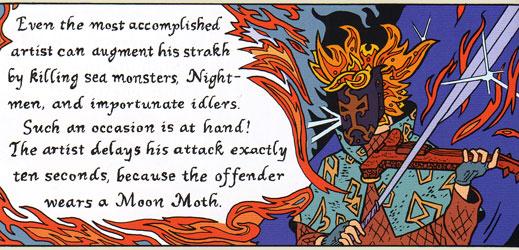In the last week or so I’ve met (barely) deadlines for book reviews for the Library Journal, Winnipeg Free Press, and AE: The Canadian Science Fiction Review, each of which has fairly specific editorial needs.
Left to my own devices, I’ll tend to write something in the neighbourhood of 800 words for a book review. I will frequently personalize it, writing in a conversational, informal style. The Free Press’ book reviews style guide is fairly standard for a newspaper, with a firm word limit of 600 and an avoidance of the personal pronoun. This is not a tremendous adjustment, but it does mean I will write a different review than I would for the same book at a different outlet.
By contrast, AE is stylistically more open, and flexible on length. My editor over there will frequently latch onto something in my review and ask me to expand it, turning fairly straightforward book coverage into a more far-reaching critical essay. When you consider the subject matter and audience, this makes sense. A sci-fi magazine talks specifically about sci-fi, and will want to bring to the table more than surface-level insight about its area of expertise.
As a result I’m often very proud of my finished product over at AE, but put more time in on these essays than the general audience reviews I publish elsewhere. Exceeding 1000 words in this pieces is not unusual. I also draw more deeply on my literary knowledge to make connections as a matter of course, and frequently find myself looking up minute details of related works in the process of writing.
Then there’s the Library Journal, which poses an entirely different challenge. Writing a review that gets at the essential point in a mere 175 words is the ultimate exercise in brevity. I’ve learned to quickly identify the audience and the essential details of the book as concern that audience (including the basic review question: whether the book achieves its intent), which is about all you can do in that space.
It’s certainly possible to spend more time at one of these micro-reviews than one in which one is able to meander, perhaps because an extra step is involved: cutting and rephrasing all the extraneous information until the necessary level of conciseness is reached.
These aren’t my only review venues, of course, but they do represent a nice variety in terms of editorial and stylistic expectations. Perhaps you didn’t realize there was so much to writing a book review. I didn’t quite know myself.
